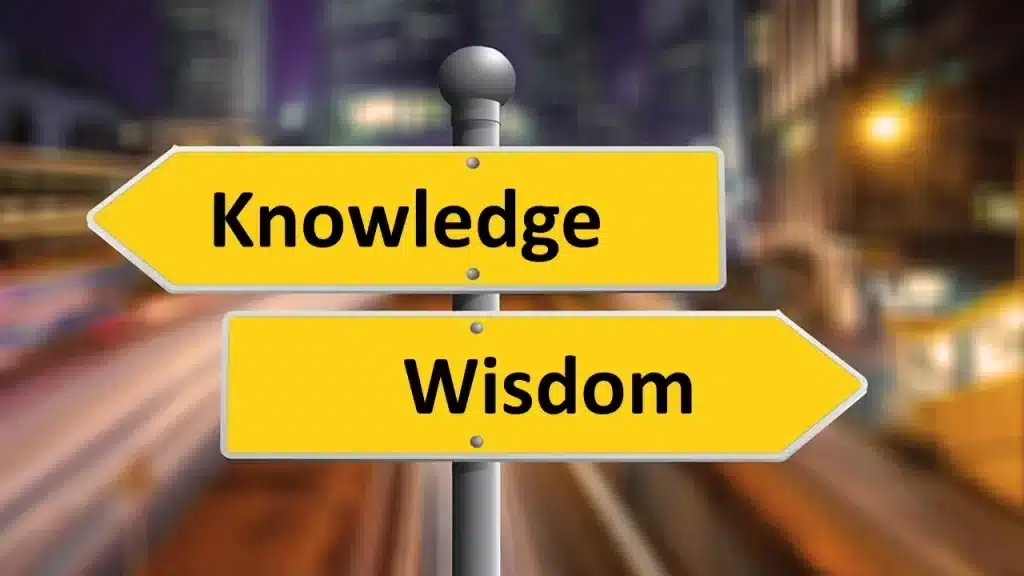I mentioned in an earlier post that, some time ago, I experienced certain BookTubers talking about a thing called Jane Austen July. As I’d never read Jane Austen, but had heard prominent Canadian authors declaring Jane Austen one of English Literature’s greatest writers, I decided to set old prejudices aside and read her most famous of novels, Pride and Prejudice. I was not disappointed. Her prose is precise, exacting, and beautiful. Sense and Sensibility followed, the following year. Then Mansfield Park.
This year, I read Emma, her longest novel. Like
all her novels, on its surface it is about single ladies finding their marital
match after nine-ish or so months of trials, tribulations, and
misunderstandings. Emma is about relationships, sexual mostly, not
that Jane Austen would be so bold as to stoop to anything remotely overt or torrid.
It is Georgian at its core, after all.
The novel begins with Emma Woodhouse’s former governess’
marriage, to which Emma takes credit, professing that it was she who made the
match, followed by Emma’s earnest vow that she, herself, should never marry.
Honestly, she would have already, given Regency expectations (she’s 21); but
whatever she might say, the real reason for her not having married (not a huge
surprise, given that there is a limited supply of eligible bachelors in her
village of Highbury) is probably her devotion to, and her caring for, her aging
valetudinarian father.
What follows is what one might expect in an Austen novel.
Emma snobbishly decides that she knows best, about just about everything. Following
her supposed success of having matched Miss Taylor (now Mrs. Weston), she sets
about making matches for her lesser status friend, Harriet Smith. Things go
awry. Her match marries another. She sets to match her with another, and that
is also a failure, for reasons not disclosed here.
All the while, she flirts. She passes judgement on
others. She decides on the merit of others’ character, usually wrong, given her
limited experience of romantic love and society. Indeed, Highbury is too small
to even have dances, until Mrs. Weston’s dashing stepson comes to visit.
Emma is very much a comedy of manners. Emma butts
into others’ business. Mr. Knightley despises gossip, but passes judgement on
others once Emma expresses her opinion of them on to him. Mr. Knightley,
otherwise, is the paragon of patient virtue. Emma’s sister, and Mr. Knightley’s
sister-in-law, Isabella, often has little desire to speak on any subject,
except her own children. Jane Fairfield appears distant and aloof. Harriet is
easily convinced that she might marry above her station (one must not yourself
pass judgement on past prejudices; it is what it was). Reverend Elton and his
wife are snobs of the first order, he a flirt before marriage, but interested
primarily in station and dowry; she, boasting, pretentious, and vulgar. I might
opine that Miss Bates, an aging spinster, may be the best of the bunch: she is
written for comic effect, is garrulous by nature, and quietly ridiculed behind
her back for it by Emma, is hopelessly optimistic, despite her fallen
circumstances, always putting others’ wellbeing and happiness before her own.
There is much more to Emma than meets the eye, however.
Of course there is. There is subtle nuance: gendered space, for instance. Women
spend most of their time “imprisoned” indoors, mostly in drawing rooms. Men’s
scenes are primarily outdoors. It’s all about boundaries, opportunities, constraints.
There are subtle hints about the “Irish Question.” The women worry what might happen
to the Dixons while in “Bally-craig,” in County Antrim, in Ulster, the site of
a great deal of upheaval in 1798.
Jane Austen never comes out and pontificates on a
subject, but the mere mention in her novels of slavery and Ireland and
relatives being in the navy, and their long absences expected, of money troubles,
of entailed estates, and inheritances, and doweries, speaks of greater depth
than mere romances. Jane Austen is not chic lit.
I’ve also begun Lucy Worsley’s celebrated biography of Jane, Jane Austen at Home. Again, I’m only a chapter in, but it’s obviously meticulously researched, as one would expect of the Chief Curator for Historic Royal Palaces, and the host of God knows how many thought-provoking television documentaries. She is a self described Janeite.























